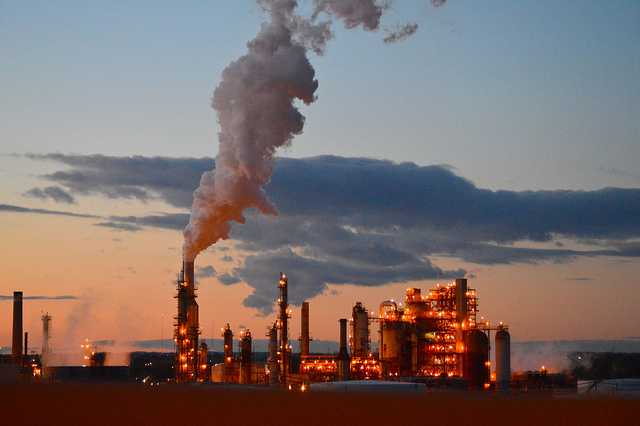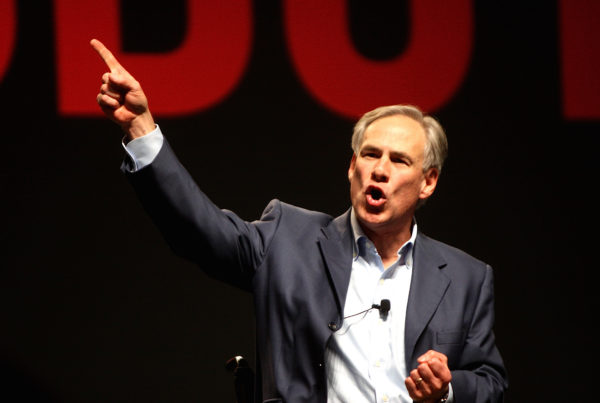Many of the biggest names in the oil industry – think Exxon Mobil, Philips 66, Valero – have received subpoenas from California Attorney General Kamala Harris. Officials want to know if oil producers have been artificially holding back on supply to drive up gas prices.
If so, and if there’s evidence of some sort of collusion, that would be price fixing. That could spell public scandal and major legal trouble – to say nothing of the potential for penalties.
Bradley Olson, national energy correspondent for the Wall Street Journal, broke the story. He says that nothing is certain at the moment, but if wrongdoing is found, it could be very costly for the oil companies – many of which have strong Texas ties.
“If they can prove that there has been some price manipulation, and it spread across a long period of time, then the amount of fees definitely would extend into the millions in fines,” Olson says.
There have been numerous investigations into price fixing in the past, Olson says, and they haven’t resulted in much action. This particular investigation is looking at practices at oil refineries. He says that refineries regularly take time off for routine maintenance, but some are alleging that the companies have been colluding to take refineries off at strategic times in order to drive up oil prices.
“Refineries go out every year in planned maintenance opportunities,” Olson says. “There are some activists groups that are saying, ‘You guys are being out on purpose, you’re coordinating,’ or there’s some sort of conspiracy about when refineries are out that ends up pushing California prices higher.”
California is particularly sensitive to these price spikes because of regulations on oil in the state. Olson says that the state has its own “environmentally friendly form” of gasoline, meant to produce pollution. That means that the gas can’t be shipped in from elsewhere, so when California refineries go down, the state’s supply takes a major hit and prices shoot up. That, Olson says, is what prompted the investigation.
“If one refinery is out (because of a fire) and the other one goes offline for maintenance, all of a sudden California has prices that are 60 or 70 cents higher a gallon than the rest of the country,” he says. “That’s what Californians are kind of outraged by. … That may be what’s driving the investigation. Just a sense of powerlessness on the part of the consumers.”
Listen to full interview in the audio player above.
Post by Alexandra Hart.















